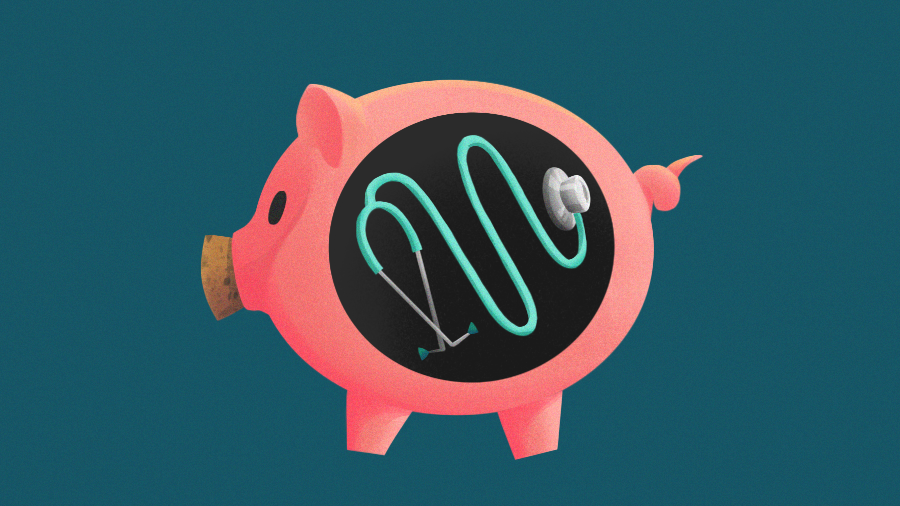Nearly 2.5 billion people around the world are estimated to have some degree of hearing loss by 2050, according to recent figures reported by the World Health Organization.
Subscribe to the Crunchbase Daily
Smart-hearing aid startup Olive Union is working to slow or prevent further hearing loss through new digital therapeutics for tinnitus and overall hearing health, in addition to its more affordable, easy-to-use hearing aids product line.
“The online market and offline market are different, so you can pay something like $50 to $200 for a sound amplifier online, but offline, there are higher fixed operating costs that make the same product closer to $1,000,” Olive Union founder and CEO Owen Song told Crunchbase News.
The Japan-based company closed on $7 million in Series B funding led by Beyond Next Ventures, Bonds Investment Groups and Japan Policy Finance Corp. Including the new funding, the company has brought in a total of $20 million, Song said. That includes a $10 million Series A round in 2019 led by LITALICO.
Song got the idea for the company back in 2013 when he was living with an uncle who was experiencing hearing loss. Although he invested in a $4,000 hearing aid, Song said, he stopped using it after a week.
His uncle is among the 20 percent of people with hearing loss who choose not to wear a hearing aid because good, quality hearing aids are expensive and care can be inconvenient.
Song launched Olive Union in 2016, shortly before the U.S. Congress passed the Over-the-Counter Hearing Aid Act of 2017 to allow certain hearing aids to be procured without a prescription.
“This is not just a U.S. problem, but a worldwide problem,” Song said. “You used to have to get a doctor’s note and prescription to get a hearing aid, but that regulation shifted it so you could buy a hearing device like you would consumer electronics.”
Olive Union is still in the R&D phase and has 40,000 users, Song said. The new funding will enable it to move ahead with plans to ship its new U.S. Food and Drug Administration-registered Olive Pro 2-in-1 true wireless earbuds and smart hearing aids later this year. The company also plans to expand its networks in Japan and in the U.S., as well as invest in technology development, he added.
Depending on the data source, the global hearing aids market size is projected to reach approximately $13 billion to $14 billion by the end of 2026. Overall, 16 companies focused on preventing hearing impairment raised approximately $884.7 million in known venture-backed funding since 2016, according to Crunchbase data.
Aside from Olive Union, recent funding announcements came from Whisper, a startup that uses artificial intelligence to help people hear better, which landed $35 million in Series B funding last October led by Quiet Capital, to roll out its Whisper Hearing System. Medical device startup Eargo, a direct-to-consumer hearing aids company, leads funding raised among the group — with a total of $217 million, according to Crunchbase data. It most recently raised $71 million in a new round last July, co-led by Glide Healthcare and Longitude Capital.
Meanwhile, Katsuya Hashizume, manager at Beyond Next Ventures, said his venture capital firm, based in Japan, invests in medical and life science companies and saw Olive Union’s approach as a way to solve the problem.
“Japan has a big aging population, with half of those over 70 years old being hearing aid users,” he added. “Considering the size of the market and the user pain being quite big, the company’s products will make hearing aids more familiar in the way they go about pricing, design and usability.”
Illustration: Dom Guzman

Stay up to date with recent funding rounds, acquisitions, and more with the Crunchbase Daily.



![Illustration of a guy watering plants with a blocked hose - Global [Dom Guzman]](https://news.crunchbase.com/wp-content/uploads/quarterly-global-3-300x168.jpg)
67.1K Followers